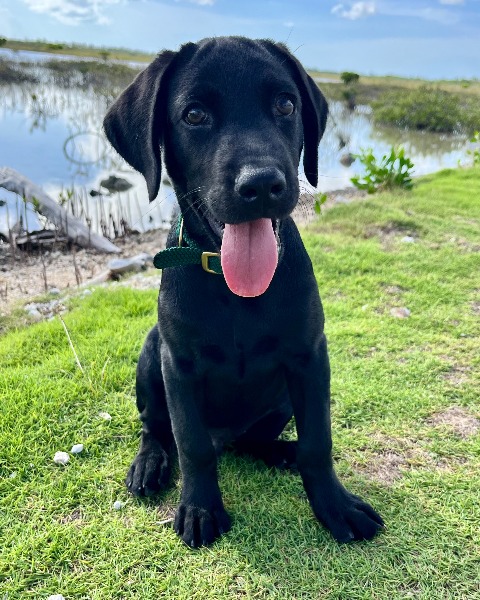Larval Vector Control
Larval Vector Control
272 - Field evaluation of ground-based ULV liquid larvicidal effects on Aedes aegypti larvae in Oxitec Release Boxes
Thursday, March 6, 2025
10:55 AM - 11:05 AM AST
Location: 208 A
Abstract: In accordance with an optimized integrated vector management program, the Florida Keys Mosquito Control District employs a range of abatement techniques used to reduce the abundance of vector mosquitoes. As new, innovative biological mosquito control technologies become more advanced, it is important to determine how best to integrate them with established best practices. One such new technology is the Oxitec Friendly™ Aedes solution (“OX5034”) that uses a genetically modified male Aedes aegypti, carrying a self-limiting gene and deployed via just-add-water egg-based field deployment form factors, to control the population of this invasive disease vector. After water is added to Oxitec’s egg-release device, Oxitec males emerge and mate with wild type females, which then produce offspring, of which the females do not survive to adulthood. As adult males are produced from eggs in devices set in treatment areas, immatures are exposed to environmental conditions that may include additional mosquito control activities. This can include the use of the broad application of liquid larvicide (VectoBac WDG) by Ultra Low Volume delivery, which has been effective at reducing the Ae. aegypti population in the Florida Keys and has been in operational use since 2017. In this experiment, we measured mortality of wild-type Ae. aegypti larvae in Oxitec egg release devices exposed to a ULV VectoBac WDG spray mission to simulate the effect the larvicide may have on the Oxitec larvae when both types of control methods are used contemporaneously.

Catherine A. Pruszynski, PhD, BCE
Research Biologist
Florida Keys Mosquito Control District, Florida, United States
Eldred Wirsching
Global Field Excellence Manager
Oxitec Ltd., Florida, United States

